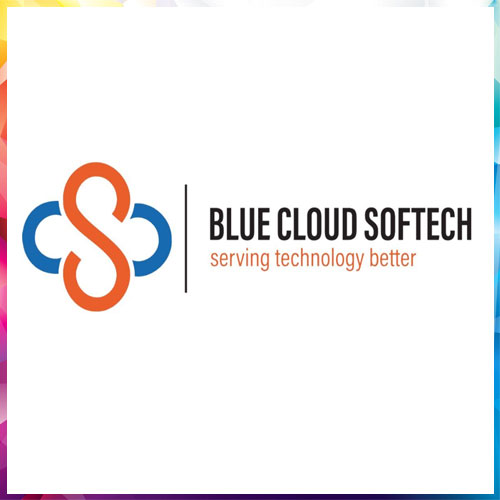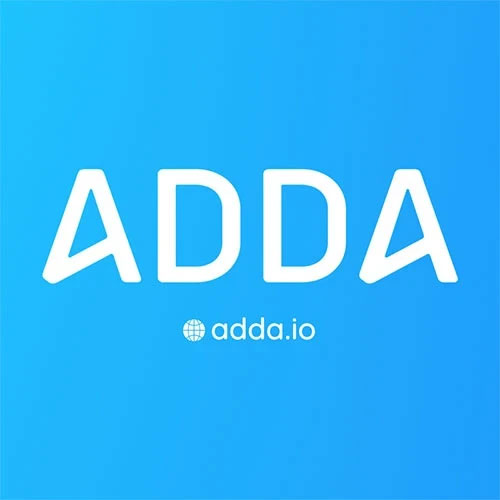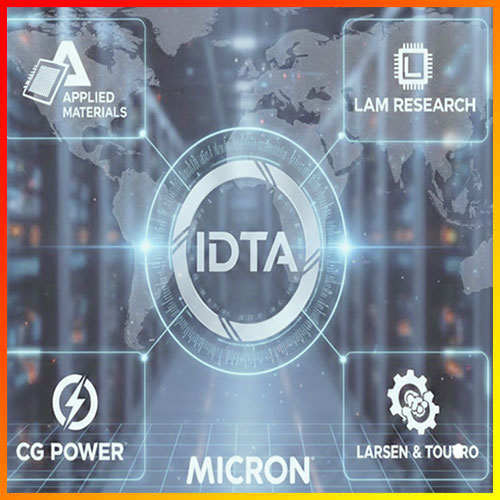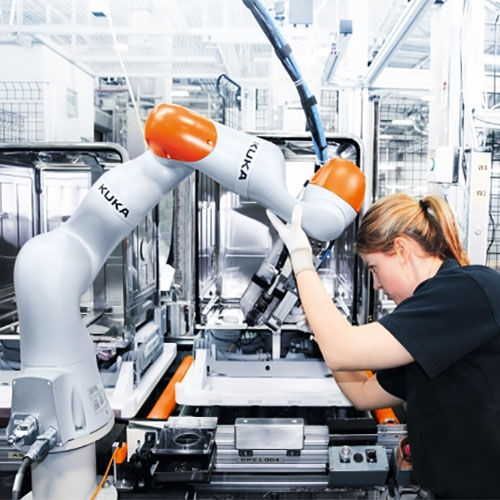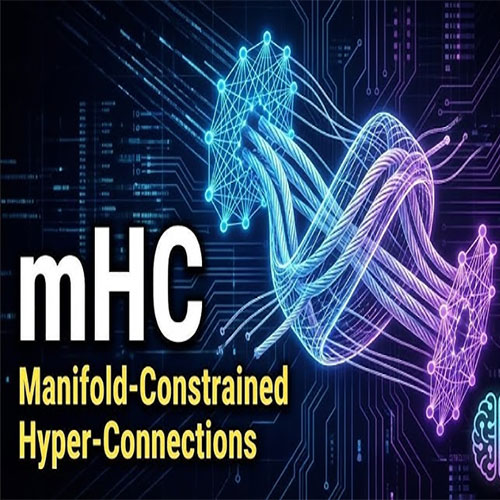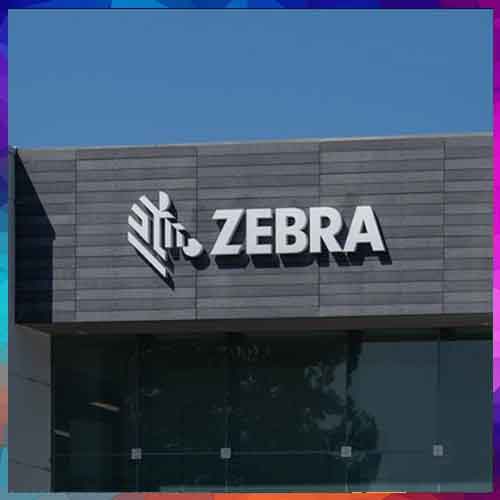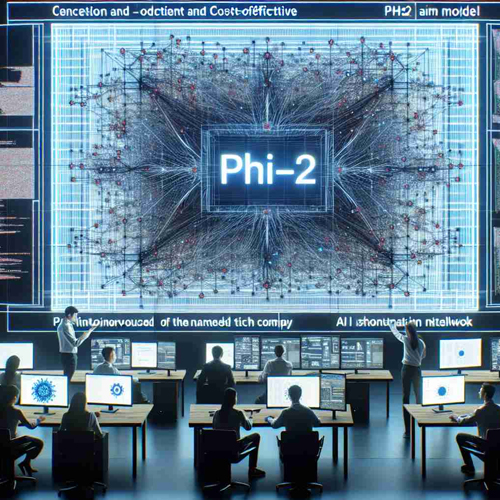
Microsoft has released the latest version of its AI model called Phi-2. The company said that this particular model was trained only on high quality data and is small enough to run locally on a laptop or mobile device. Microsoft also claimed that Phi-2 can outperform big AI models and will be available through Microsoft Azure cloud at a fraction of the cost.
Phi-2 is categorized as a "small language model," and Microsoft asserts that it demands less computing power compared to models like OpenAI's GPT-4 or Meta's Llama-2. This AI model is proficient in executing tasks such as text generation and image description.
“With only 2.7 billion parameters, Phi-2 surpasses the performance of Mistral and Llama-2 models at 7B and 13B parameters on various aggregated benchmarks. Notably, it achieves better performance compared to 25x larger Llama-2-70B model on multistep reasoning tasks, i.e., coding and math,” Microsoft said.
It went on to claim that Phi-2 matches or outperforms the recently-announced Google Gemini Nano, despite being smaller in size.
This could imply that Microsoft is not exclusively dependent on OpenAI, the startup it has reportedly invested over $10 billion in. Copilot and Office 365 are powered by OpenAI's GPT-4 model. According to a previous report, Microsoft aims to reduce costs by incorporating small language models.
The report highlighted that Peter Lee, who supervises Microsoft's 1,500 researchers, instructed several researchers within the company to create conversational AI. While it may not match the performance of OpenAI's models, Microsoft's conversational AI is designed to be smaller in size and more cost-effective to operate.
See What’s Next in Tech With the Fast Forward Newsletter
Tweets From @varindiamag
Nothing to see here - yet
When they Tweet, their Tweets will show up here.






